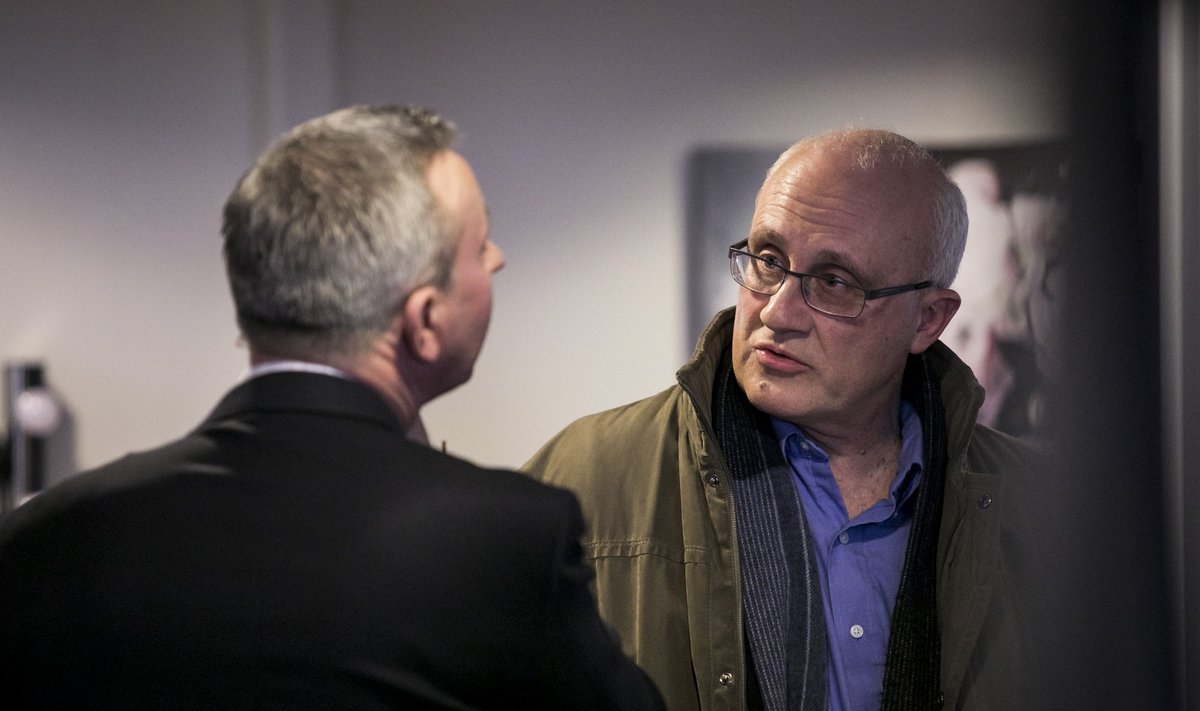Jakeliunas, at whose initiative the government turned to the prosecutors earlier this year, says he will try to find out this week if the prosecutor's decision will be appealed.
The former CBF chairman, who is now a member of the European Parliament, also intends to discuss the consequences of the interbank rate hike in Lithuania with EU bodies.
"I'll suggest that the government appeal. I'll put forward my arguments and listen to the government's position if it has one. We'll then decide what to do, either jointly or individually. As an MEP, I have additional possibilities," Jakeliunas told BNS.
"In September, because now is the vacation time, I'll make inquiries to European institutions, starting with the European Commission (and) the secretariat of the European Parliament's Committee on Economic and Monetary Affairs, and perhaps the European Central Bank, the European banking supervisor, as to how the situation in Lithuania regarding Vilibor might be evaluated from their point of view," he said.
The European Central Bank's regulations on the provision of statistical information could have been breached if Lithuanian banks provided it with non-objective information on Vilibor rates, according to the MEP.
Tomas Berzinskas, the spokesman for the prime minister, says the government will wait for its lawyers' opinion before deciding whether or not to appeal the prosecutors' decision.
"Lawyers will look into the (prosecutors') arguments and a decision will then be made on whether or not to appeal," he told BNS.
Last Friday, the Prosecutor General's Office said its prosecutors would not defend the public interest regarding alleged violations linked to the 2008-2009 hike in Vilibor, the interbank lending rate in Lithuania before it joined the eurozone, which pushed up interest rates on mortgages in the litas.
Prosecutors say the investigation revealed no objective evidence of any legal violation by banking supervisors.
In April, the Prosecutor General's Office received the Cabinet's request to evaluate the performance of financial supervisory authorities during the 2009-2010 crisis.
The government then asked the prosecutors to defend the public interest, saying that a large number of bank clients could have suffered considerable losses due to the Vilibor hike.
The Cabinet's decision to turn to the prosecutors came after Jakeliunas presented preliminary findings of his committee's parliamentary inquiry into the 2009-2010 economic crisis.
